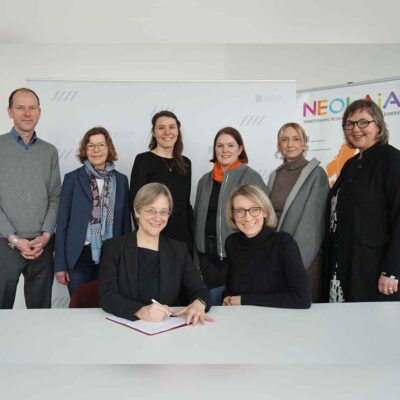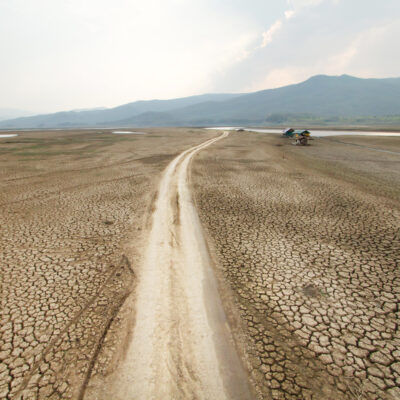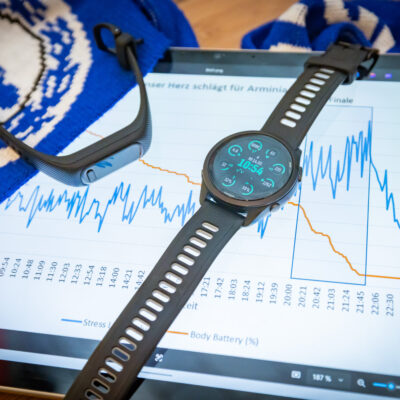Global challenges need corresponding perspectives. In order to increase their diversity in the ZiF research projects and to make African researchers more visible, the Centre for Interdisciplinary Research (ZiF) at Bielefeld University offers two fellowships annually for scholars from Africa: the Norbert Elias Fellowships. Since February, two fellows have been contributing to the research group “The Epistemology of Evidence-Based Policy: How Philosophy can Facilitate the Science-Policy Interface” at the ZiF. They report here on their research and the challenges of working in an interdisciplinary group: Three questions for Dr Emelda Chukwu from the Nigerian Institute of Medical Research and Dr Temitope O. Sogbanmu from the Department of Zoology at the University of Lagos in Nigeria.
How does your research relate to the topic of the research group?
Temitope O. Sogbanmu: As an environmental toxicologist, my research focus is on the risk assessment and management of organic pollutants in various environmental media using classic and emerging ecotoxicology tools. I am also interested in evidence-informed decision making (EIDM). I work with policy makers to integrate the use of environmental evidence into their decisions and planning. And I also lead a project which is called “Evidence Use in Environmental Policymaking in Nigeria (EUEPiN)”. So, a lot of what I do aligns with the group’s focus on evidence-based policy making, especially in environmental toxicology. That was, what caught my interest in this research group.
Emelda Chukwu: I am a medical microbiologist and an infectious disease scientist; my area of research is bacterial infectious diseases and the genetic basis of antimicrobial resistance. Currently I am interested in gaining insight into the microbial diversity, distribution and transmission dynamics of antimicrobial resistance. I was always concerned about the challenges in translating our scientific findings into policy and practice. So, I became interested in implementation science as a way to increase the uptake of evidence-based interventions or findings into policy. Generally, as scientists, we point out policy relevant results, but we often do not engage in policy-making processes ourselves. But I am now realizing the need for scientists to get more involved to avoid misinterpretation/misapplication of scientific evidence.
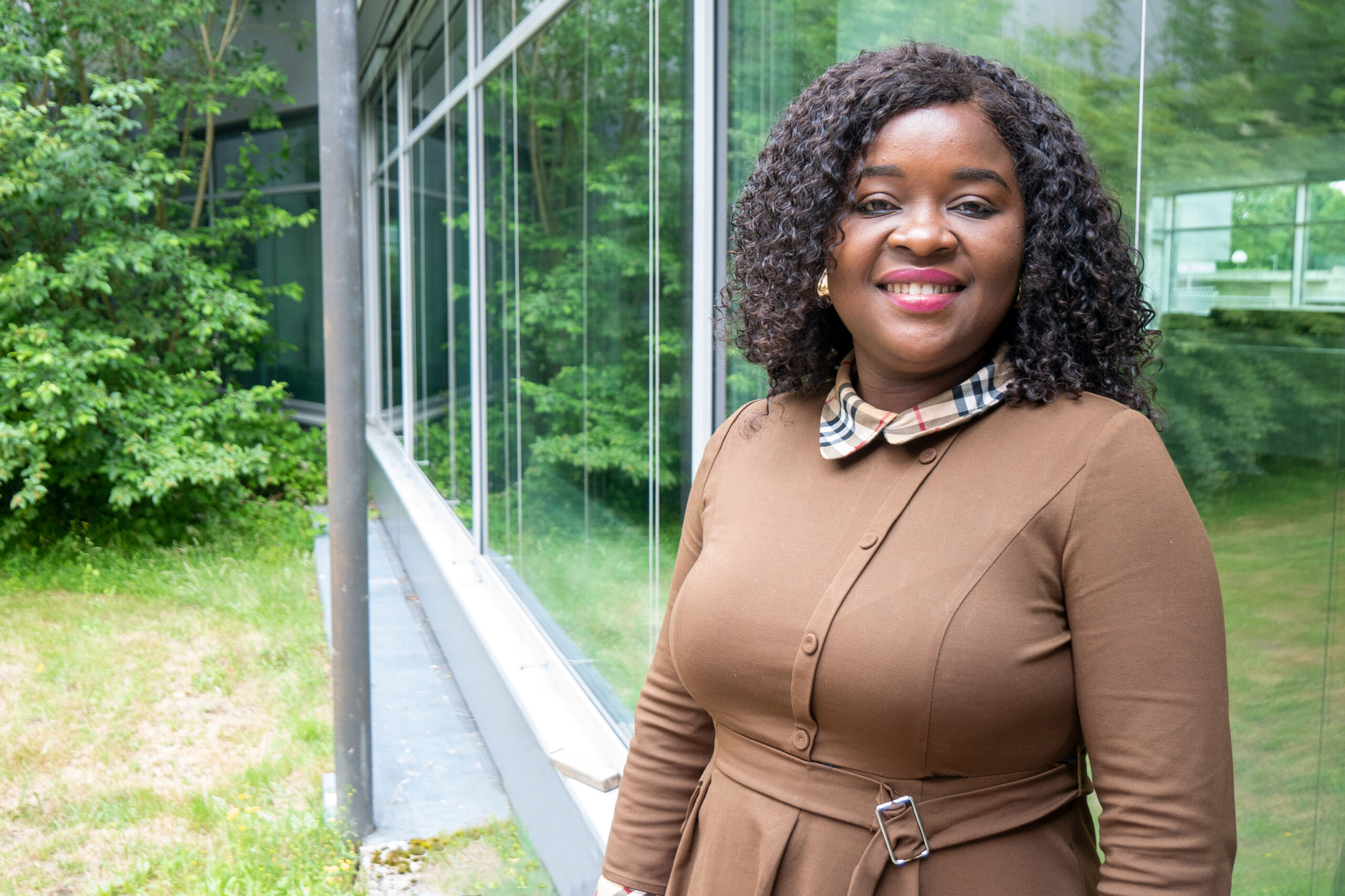
© Bielefeld University
How have their careers developed, specifically as women in the sciences?
Temitope O. Sogbanmu: My plan in the beginning was to work in the industry, my first job was in the oil and gas industry. But my adviser suggested that academic work would be easier to align with family life, it would give me the flexibility I needed to also take care of my children and family. I followed this advice, however, I found myself working quite hard, also in academia. Teaching, supervising up to 20 students with their individual projects, helping them to get funding, doing research and having a family. But it is also very rewarding when you get interesting results, when you get international support and acceptance. And now I have the possibility to be a role model for young people, especially young women, I think that is very important.
Emelda Chukwu: I started a as laboratory scientist working in a diagnostic lab, but I felt I wasn’t challenged by working routinely. So, I went back to university to further my education. During my masters, I then became interested in research: I felt that I could contribute something to global health, towards improving the quality of life of ordinary people and that was my motivation to become a research scientist It was also challenging for me to align my career as a researcher with taking care for children and family. But I got a lot of support from my supervisor. She encouraged me not to give up and shared her experience with me and how she was able to Surmount her challenges, she was my role model. I thought to myself that if she was able to do it, then I can do it as well. And of course, I also had a lot family support. One of the biggest challenges of being a researcher is getting funding. That is very time consuming, and we have to compete with people from the global north, who have different backgrounds and often also much better conditions. The incentives of staying in research and academia are not high.
Temitope O. Sogbanmu: This is true, women have been marginalized in STEM – science, technology, engineering, and mathematics – faculties for a long time, but they are now catching up. Currently, nearly 80 percent of the management staff at my university are women, for the first time in the 60-year history of the university we also have a female vice-chancellor. But the remuneration at the universities went down significantly during the last years. So, this is not only a success story about equal opportunities, I think a lot of the men have simply left for better paid positions.
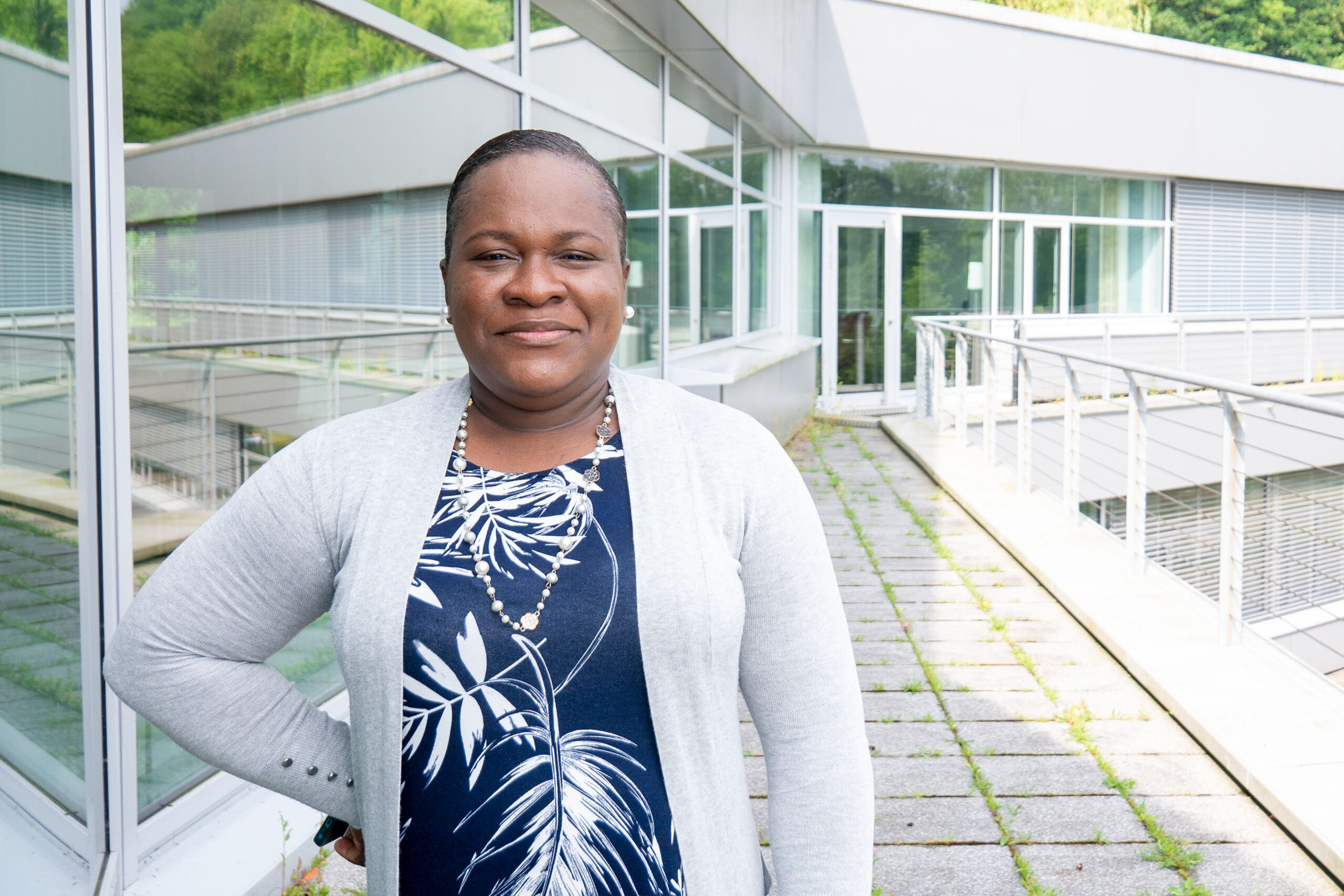
© Bielefeld University
To what extent has the time as Norbert Elias Fellows here in Bielefeld influenced their work and research?
Temitope O. Sogbanmu: I have had other fellowships before, but this time there was a main shift in the focus of my research. Generally, my work is lab-based. The work here was very different. It was an interesting opportunity to collaborate with researches from other fields and perspectives. I have learned a lot and I think my perspectives widened. And it was the first time I worked with researchers from so different parts of the world. So professionally, it was really an exciting time. And I really appreciated the possibility to come here with my family. I think we managed to introduce new perspectives to the research group concerning policy making in the global south. It seems that some of our ways to do research and approach the issues were quite new and astonishing for the group. But there was also alignment, I think it was mostly sharing lessons to the extent that one was open to learn. It was really interesting to see the philosophical perspectives and approaches to answering our questions. That is what I am taking back to my institution. We were also involved in the selection of speakers for the upcoming workshops and who were at first mainly from the global north. But we were able to enrich the perspectives, which was highly appreciated by the conveners.
Emelda Chukwu: For me it was not so easy to convince my institute to let me go for a fellowship where I would not be working in the lab, but I managed to convince them that it was relevant for my career progression. I have been involved in multidisciplinary research but now I am beginning to see how that is different from interdisciplinary research. I often worked with biostatisticians and with sociologists and other disciplines of science, but I have never worked with philosophers or lawyers, this is quite a new experience for me. It was stimulating, challenging, and educating at the same time. And it was a relief to find out that you can concentrate on your research here and all the organization is done by the ZiF. The language barrier was a challenge of course, especially for the kids in school. With the schools, it is different in Nigeria as they are sometimes close to where you work, there is no need for long ways by bus and tram. I think we have learned a lot from working together. In the first month it was really challenging, putting people with different background and different perspectives together in the same room trying to brainstorm and work together. The group met almost every day and we really discussed a lot. But at some point, we started to find a balance. We started to speak the same language. It was fascinating for me to go through this process. I can see a lot that I can take back to my institute. For example, I am preparing a proposal for my institute to set up a unit or a Health policy research group that will focus on synthesizing information from different disciplines and tailoring it in a manner that policy makers can use it.

